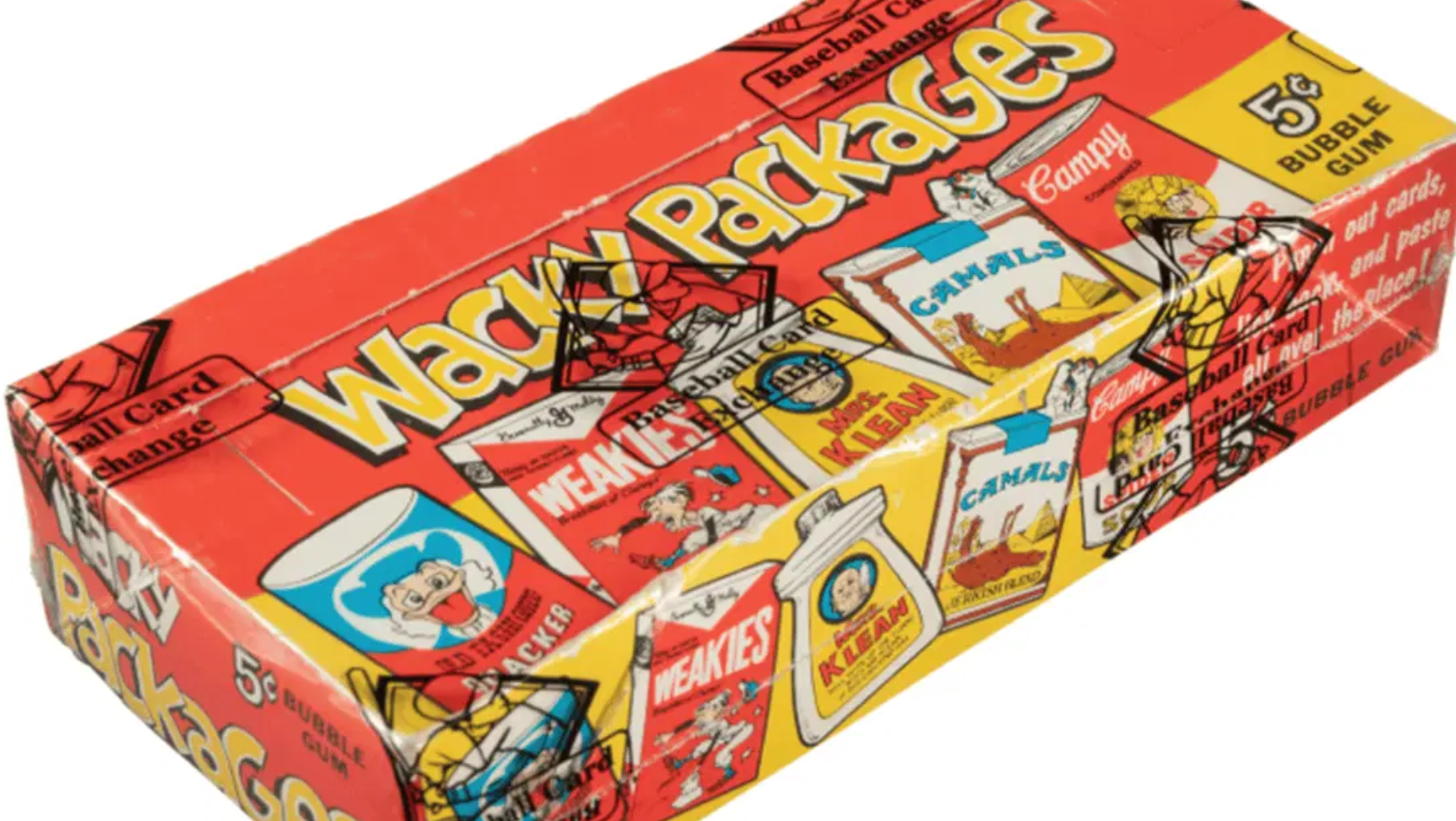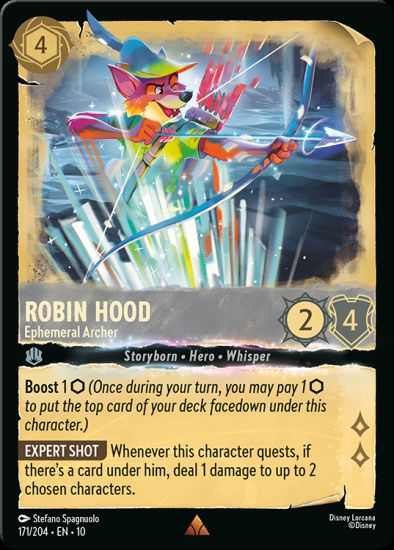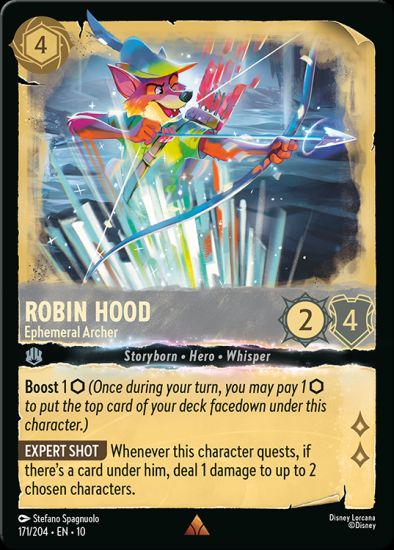In a recent triumph for pop culture aficionados and collectors, a box of 1967 Wacky Packages, those cheeky parody stickers from the storied Topps company, has achieved what many consider the pinnacle of auction fame with a gavel price of a staggering $79,300 at Heritage Auctions. This figure doesn’t just top the charts; it demolishes them, surpassing the previous record of $63,084 set just last year—a sign of the skyrocketing clamor for whimsical non-sports collectibles that aren’t just trading cards but cultural artifacts steeped in nostalgia.
Wacky Packages, initially unleashed upon an unsuspecting public over half a century ago, are not your average collectible cards. They made their debut in 1967, whimsically lampooning popular grocery brands. Imagine Ritz crackers reimagined as “Ratz” and 7-Up parodied as “7-Pup.” It’s a celebration of commercial satire, a delicate interplay of humor and art that hits the sweet spot of consumer culture mimicry. The brains behind some of these early nonsensical delights was none other than Art Spiegelman—a name that would later etch a Pulitzer-sized mark on the literary landscape with his graphic novel Maus.
Part of the original charm was their format. First-series cards were not merely observed; they were interactive, arriving as punch-outs begging to be licked and affixed to anything your heart desired. Instant community art instigators in classrooms and on the backs of spiral notebooks, they were a clandestine communiqué for the cool and countercultural.
As with any medium that pushes the envelope, controversy wasn’t distant. Parodied brands, certainly not amused by their wacky portrayals, rallied the hounds of law, prompting several to file suits against Topps. The uproar led the company to replace a dozen contested cards, expanding the inaugural lineup from 44 to 56 cards—a move that, rather than stifle creativity, merely fanned the flames of its fiery ascent. By the time the brand dust settled, Topps was more adventurous than ever, unleashing an array of “Wacky Ads” in 1969 and reinventing itself with peel-and-stick stickers in 1973.
For a glorious patch of time in the early 70s, Wacky Packages had their own kid-led coup in the turf war against baseball cards across schools and neighborhoods. Their infectious humor and cleverness provided a unique resilience to come back time and again, despite a hiatus from 1992-2004, illustrating the robust endurance of their cult-like following among collectors. For many, they represent a mischievous nostalgia trip, a way back to simpler times where whimsy wasn’t just appreciated—it was a form of resistance.
Fast forward to today’s feverish collectibles market where what’s old is new again, Wacky Packages have ascended to the podium with a fresh badge of honor. This auction and its remarkable outcome underscore a broader narrative: the reverence and renewed interest in non-sports cards and collectibles that catch REM sleep in lines between nostalgia and cultural history. They’re less relics of consumerism and more akin to art objects, imbued with the power to transport enthusiasts back to kinder, gentler decades—where brand loyalty was subverted through satire, and creativity was as boundless as kids’ imagination.
For collectors and investors, the significant sums paid for such items serve as investments, but perhaps more so, they’re prizes that articulate nostalgia’s invincible magic. In the halls of Heritage Auctions, an otherwise unassuming box of satirical stickers becomes a bellwether for the increased valuation of vintage charm and earnest memories cradled in parody. It’s a prodigious reminder that in the market of memories, the unique currency lies not just in what’s printed on the cards, but in the laughter and legacy they’ve left behind.
All signs point to a rising tide where humor and historicity bloom into a lucrative harvest, and this auction is just another chapter in the endless scroll of cultural artifacts that remind us why we love to collect, to remember, to rediscover. In the unmistakable journey of Wacky Packages, each card is a square tap dance on the assumptions of ‘serious’ collecting—a merry celebration that continues to stick, both literally and metaphorically, in the hearts of its admirers.


